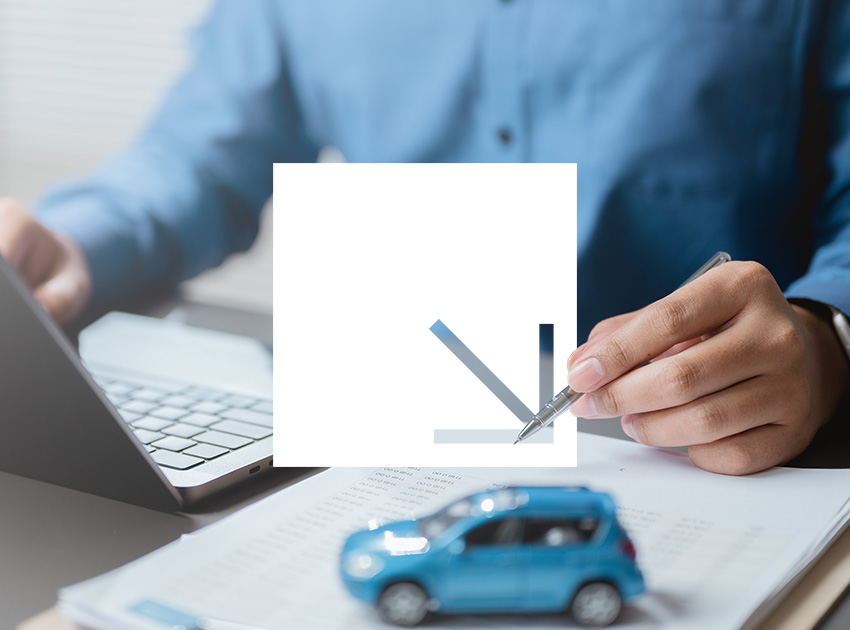After hours of travelling, the car hire desk is probably the last place you want to spend time. It’s easy to rush the process of picking up the keys but rushing can lead to disputes, surprise charges or being blamed for damage you didn’t cause when you go to return the vehicle.
Some preparation and checks will allow you to protect yourself from hassle later down the line. Here’s a complete guide to avoiding problems at the care hire desk.
Read the car hire agreement
Take a moment to understand what it is you’re signing.
You might be asked to sign the local-language copy but the company should also be able to provide an English version for reference.
Before you sign confirm the excess amount – the amount you’re liable for if the car is damaged or stolen.
Bring all the right documents
If you turn up to the desk without the proper paperwork this could delay picking up the car, incur fees or could even lead to a refusal of hire depending on the exact document you have forgotten.
Make sure you bring:
- Your photocard driving licence
- Your DVLA driving licence check code (valid for 21 days)
- Your passport
Take the correct credit card
As well as the aforementioned documents, you’ll also need to bring a credit card as most car hire companies place a pre-authorisation hold on your credit card for the value of the insurance excess.
The card must be in the main driver’s name and debit cards are often not accepted.
Don’t be pressured into buying extra insurance
If you already have one of our standalone excess reimbursement policies then you don’t need to buy the excess waivers offered at the desk. You don’t need to provide details of your policy with us, just be sure that your cover is active before renting your car. Standalone car hire excess insurance policies tend to be a lot cheaper with more comprehensive coverage.
Choose the right vehicle
The size and class affects not only the fuel cost and how easy the car is to handle in unfamiliar areas, but also the excess amount.
Choose a vehicle appropriate for your group size, luggage and destination as upgrading can incur fees and there is no point hiring a pricey SUV if a hatchback will do the trick.
Inspect the vehicle
The most important step is to avoid being charged for damage you didn’t cause. Never sign for the car before you see it and if staff try to rush you, politely insist that you need to check the vehicle first.
Walk around the entire car and look for:
- Scratches, dents, scuffs
- Chips or cracks in the glas
- Tyre condition
- Damage to sills, bumpers and the underside
If you do spot any damage, use your phone to take clear photos or videos with date and time stamps.
You should also inspect the interior, checking things like:
- Upholstery
- Dashboard and electronics
- Air conditioning
- Media systems
- Odours or stains
Have the car hire company mark every defect on the vehicle condition report before you drive away.
It’s also a good idea to make sure you’ve been given the correct key and that everything works properly.
Check fuel level and mileage
Make sure you confirm the fuel level matches the paperwork and that the odomter reading is correct.
If you have the choice, opt for a full-to-full fuel policy as they tend to be the cheapest and the simplest.
Ask to be charged in the local currency
Sometimes car hire companies will try to charge your card in your home currency through Dynamic Currency Conversion (DCC). However this usually means poor exchange rates and higher fees. Request charges are made in the local currency to avoid these unnecessary costs.
Do a short test drive
Before driving off towards your destination, drive the car around the car park taking note of things like:
- Odd noises
- Steering issues
- Faulty brakes
- Warning lights
If you do notice anything unusual, report them to the company straight away.
Consider annual excess hire car insurance
If you hire cars more than once a year, an annual ReduceMyExcess policy could be of far better value than buying a single-trip policy each time. It will cover unlimited rentals for trips up to 62 days – depending on the policy you buy.
Final Thoughts
With these steps you can protect yourself against problems at the car hire desk and unfair damage charges making for a smoother car hire experience.


Comments are closed